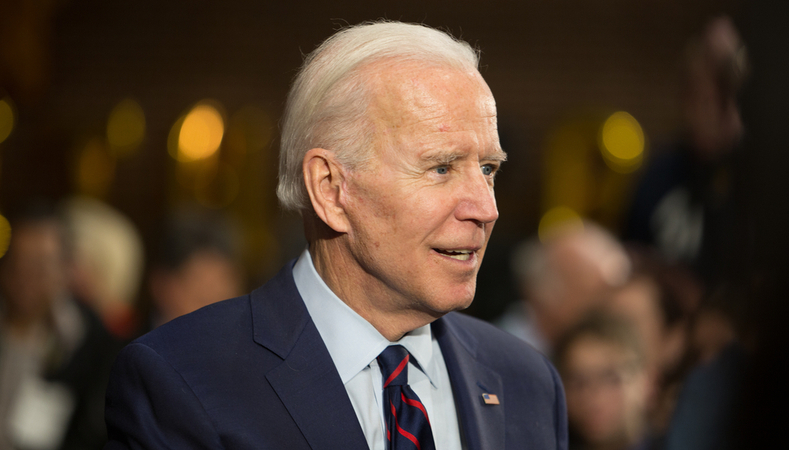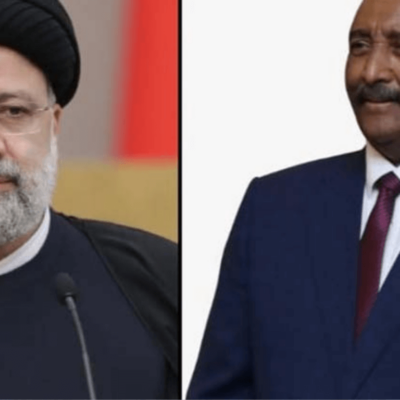Testing time ahead for United States’ Middle East policy

With less than two months left for Donald Trump‘s presidency to come to an end in the united states president-elect Joe Biden is looking at new tensions broiling in the Middle East.
According to experts, Trump’s administration has given significant attention to the Middle East in recent weeks, while racing to seal last-minute diplomatic deals with key countries in the region. US-brokered Abraham Accord to normalise relations in the region has emerged as a key success of the Trump administration.
On the other hand, the US ramped up efforts to impose further sanctions on Iran as part of its campaign against Iran. Trump administration’s endeavours against Iran are risking the emergence of new tensions or new wars in the world order as Joe Biden is going to be inaugurated as the 46th President of the United States in January 2021.
Amid these developments, Iran’s top nuclear scientist Mohsen Fakhrizadeh was assassinated near Tehran last week. In the aftermath, Iranian President Hassan Rouhani and other government officials have accused Israel of the unprecedented attack. This attack has come months after the Trump administration assassinated Iranian Major General Qassem Soleimani and paramilitary leader Abu Mahdi al-Muhandis in January 2020.
Read more : US elections: How would Trump VS Biden affect Middle East
Significantly, Iranian scientist’s assassination has threatened Biden’s efforts to revive the Iran nuclear deal for the US. During his election campaign, Biden pledged to rejoin the 2015 Iran nuclear accord which was agreed to by six world powers, known as the P5 + 1 (China, US, UK, Russia, France + Germany). In 2018, US President Trump withdrew Washington from the accord.Iran has vowed to retaliate for the assassination of its prominent nuclear scientist. If Tehran retaliates, it will give Donald Trump an excuse to launch a counter-strike against Iran before leaving office in January 2021. Subsequently, Biden will have to tackle broader complications in the region than just the havoc wrecked by the Trump administration in the past four years.
Meanwhile, Iran is looking forward to fully implement its 2015 nuclear deal (Joint Comprehensive Plan of Action) if president-elect Biden lifts sanctions on Tehran.As per media reports, Israeli Prime Minister Benjamin Netanyahu last week flew to the Saudi city of Neom to meet Saudi Crown Prince Mohammed Bin Salman in a bid to push Riyadh to join the Abraham Accords.
However, it appears that the Saudis are waiting for the Biden administration to come in before signing the deal for normalising ties with Israel in a bid to analyse new US-Sauidi relations. Before Trump leaves the White House, Israel and Saudi are likely to push the US President to impose more sanctions against Iran which can amplify problems for Biden. Significantly, these final few weeks of the Trump administration could make or break the US’ foreign policy and diplomacy in the region.




